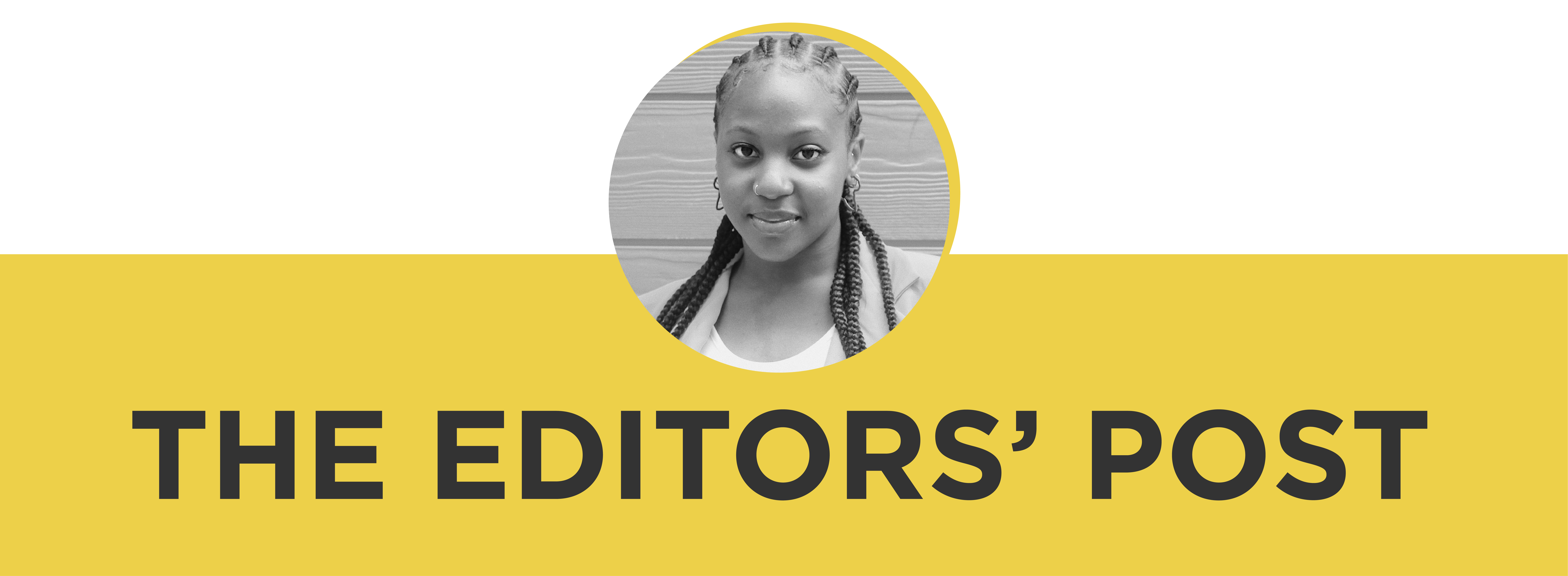The Editors' Post: Why we need to reframe disability as something that we can all relate to

We explore how social enterprise leaders can reframe their mindset to truly ‘design for disability’, and how social investment boards can better serve Black-led social enterprises. Plus, don’t miss out on the findings of SEUK’s 2023 State of Social Enterprise Survey. This week’s view from the Pioneers Post newsroom.
Thinking of disability as something that is niche and only affects a particular demographic in society is not only complacent (since anyone can become disabled after an accident or an illness), but it is also inaccurate. This is one of the key messages I took away from this week’s SE100 Social Business Coffee Break webinar on ‘How to champion disability in your social enterprise’.
One of the speakers, Dr Lucy Reynolds, who has cerebral palsy, founded We Are All Disabled CIC, an events, training and consultancy social enterprise, to encourage people to “embrace disability and think about the positives that disabled people can bring”. However controversial the name of the company seems, there is a lot of truth in it, depending on how we frame disability. Here’s why…
Another speaker, Dr Kush Kanodia, social entrepreneur and disability rights campaigner, drew the distinction between the “medical model” and the “social model” of disability. If we observe disability through the medical lens, he said, “it’s our impairment that disables us”, whereas, if we look at it though the social framework, “it’s barriers in society and negative attitudes that disable us”. Essentially, according to the social model, people with impairments are only disabled insofar as we exclude them from mainstream society, systematically and structurally.
If, socially, a disability only becomes a disability when we don’t accommodate it, then isn’t that something we can all relate to
Therefore, in some ways, the phrase ‘We Are All Disabled’ isn’t actually wrong. If, socially, a disability only becomes a disability when we don’t accommodate it, then isn’t that something we can all relate to? Julia James, Reynolds’ co-director at We Are All Disabled, said: “We all potentially have something that may limit our ability to participate and that might be lots of different things.” If we examine disability through the social definition presented by Kanodia, then any one of us becomes ‘disabled’ whenever we face social exclusion – due to our class, race, gender, religion, whatever it may be.
Rather than seeing disabled people as a group which needs to adjust itself to fit into mainstream society, we should think of disability as something that we should be intrinsically accommodating for anyway, as we can all empathise with the sentiment of exclusion one way or another. Kanodia, who was diagnosed with multiple epiphyseal dysplasia as a child and had double hip replacement surgery in 2022, said: “What I realised was I can’t just keep replacing joints in my body. It’s not me who needs to be fixed. I’m perfect the way I am. But we need to make some structural changes in society.”
The webinar was really thought-provoking and really prompted me to reflect on how I consider disability. Click here to watch it and read more of the key takeaways.
My recent interview with Kanodia on his impact journey also made me think about how people with disabilities can truly be an asset to social enterprises. According to him, his experiences with disability taught him “to be humble, to be compassionate, to be kind, to be a problem solver” – all great qualities that empowered him to transition “from being an investment banker to being a social entrepreneur”. Ultimately, experiencing exclusion can breed great changemakers and social enterprise leaders.
The same applies to racial exclusion. As people of colour have experienced historical exclusion through institutional racism and cultural bias, they are more likely to be able to offer solutions on how to make social investment more accessible for all marginalised communities. Echoing Lord Victor Adebowale’s call for more ‘black leaders leading black funds’ at the SEICC Round Table Conference we reported on last month, Jacy Stewart, founder and CEO of social economy consultancy For Business Sake, emphasised the need for more diversity on social investment advisory boards. Adding to this, Felicia Mattis-Rome, CEO of Business Launchpad, a business support provider, said that “boards of trustees and people who sit in governance positions” should “broaden their knowledge base” on how social investment can benefit Black-led social enterprises like her own. To hear more on what the two CEOs had to say about social investment, watch the reel on any of our social media platforms.
These discussions on championing diversity in social enterprise and social investment remind us how important it is for the impact sector to support the most disadvantaged communities in society. But it’s getting tougher for social enterprises to do this - as we learned from Social Enterprise UK’s 2023 State of Social Enterprise Survey, published this week. Across the UK, social enterprises have reinvested £270m in the most disadvantaged areas. But they are “surviving” not “thriving” as they fight to keep up this essential work - with those operating in the most deprived areas reporting a higher drop in turnover, fewer public sector contracts and greater contraction in jobs. They are also struggling to find appropriate forms of investment. Click here to read David Lyons’ story on Social Enterprise UK’s report.
This week's top stories
£78bn sector failed by lack of long-term finance – new Social Enterprise UK research
‘A more diversified advisory market’: Views from the SEICC Round Table Conference
Top photo: A group of office workers that includes a blind person and a person in a wheelchair (courtesy of Freepik)




